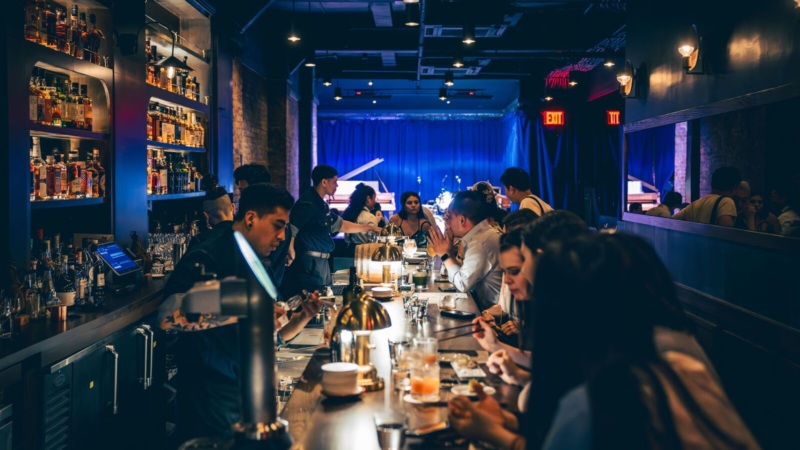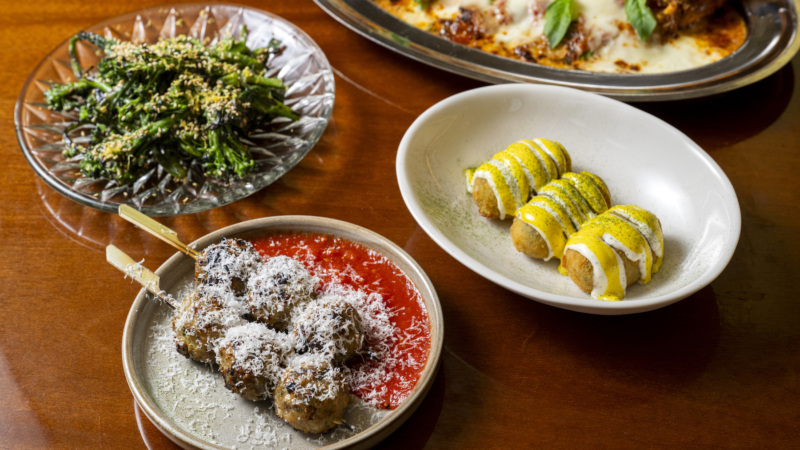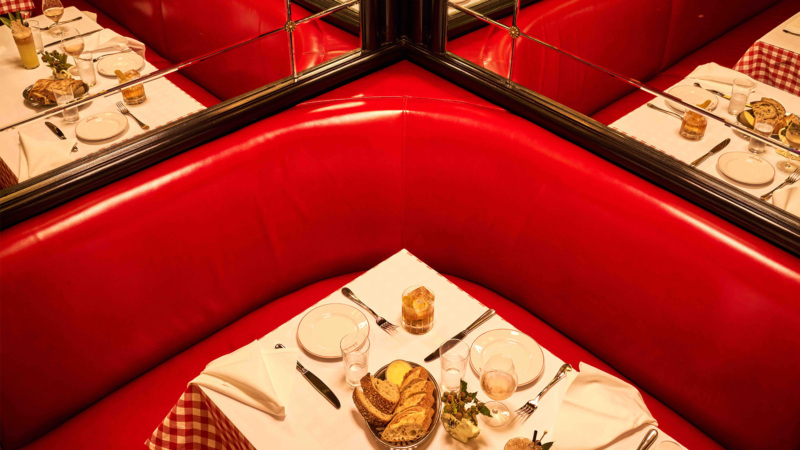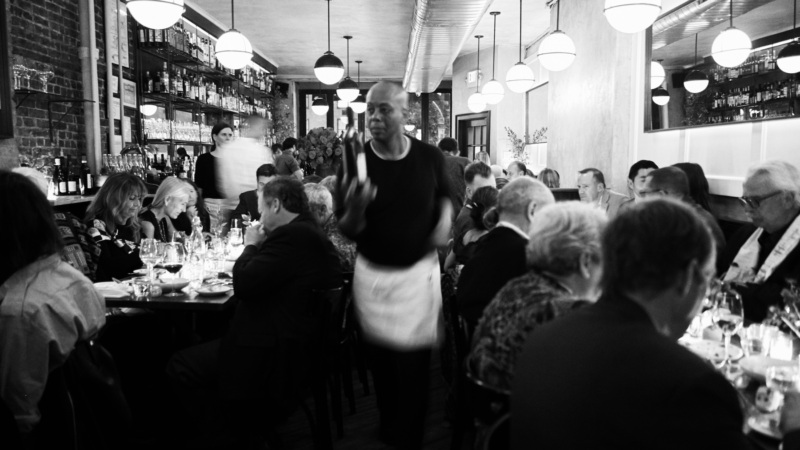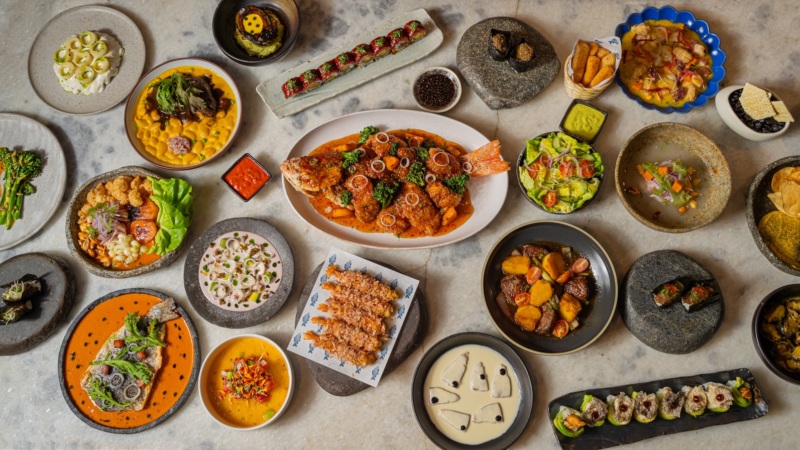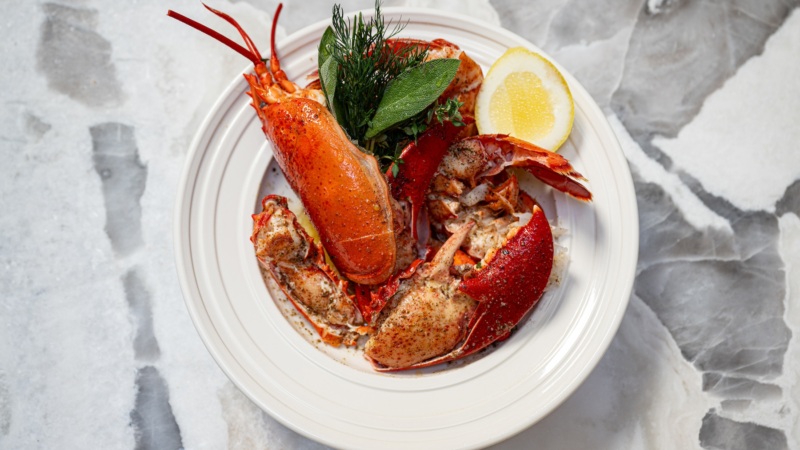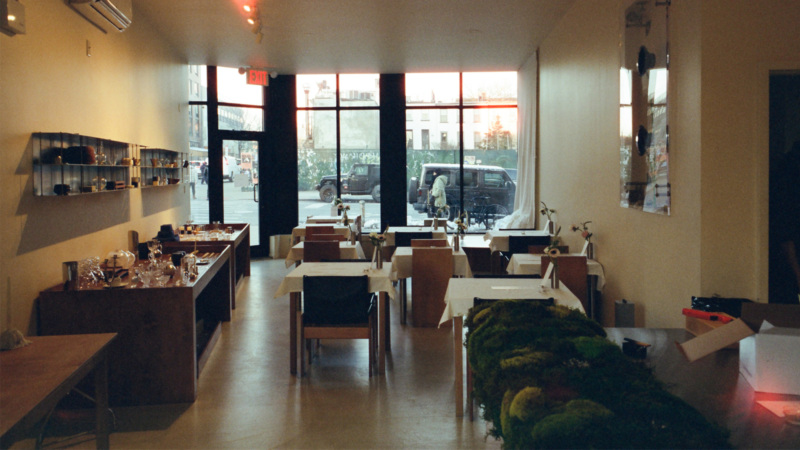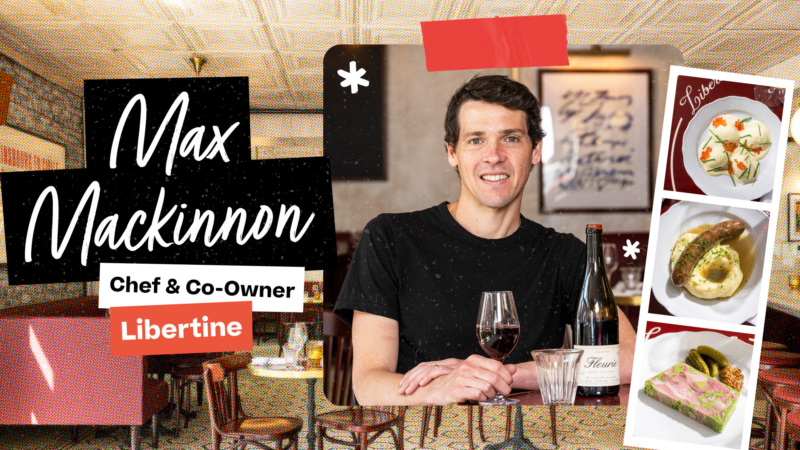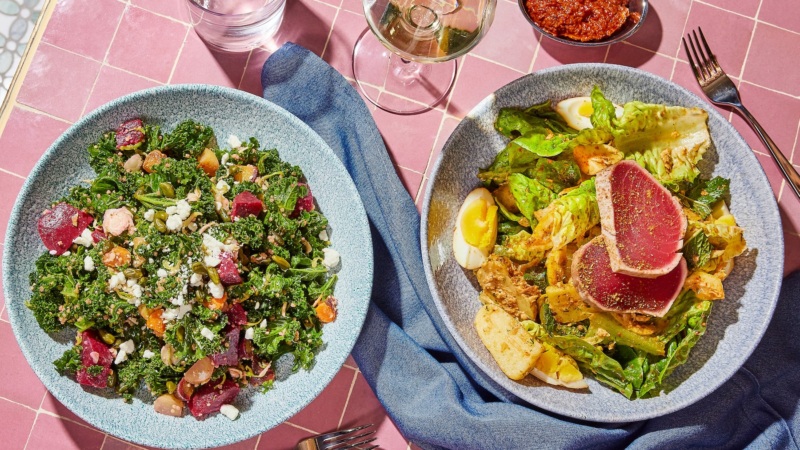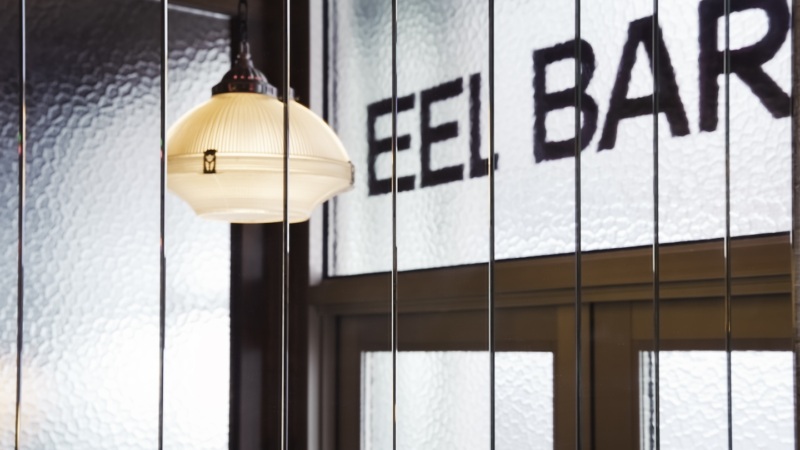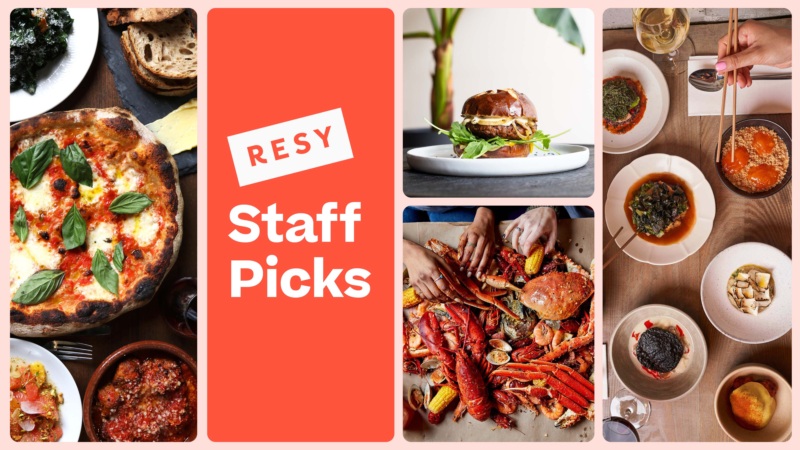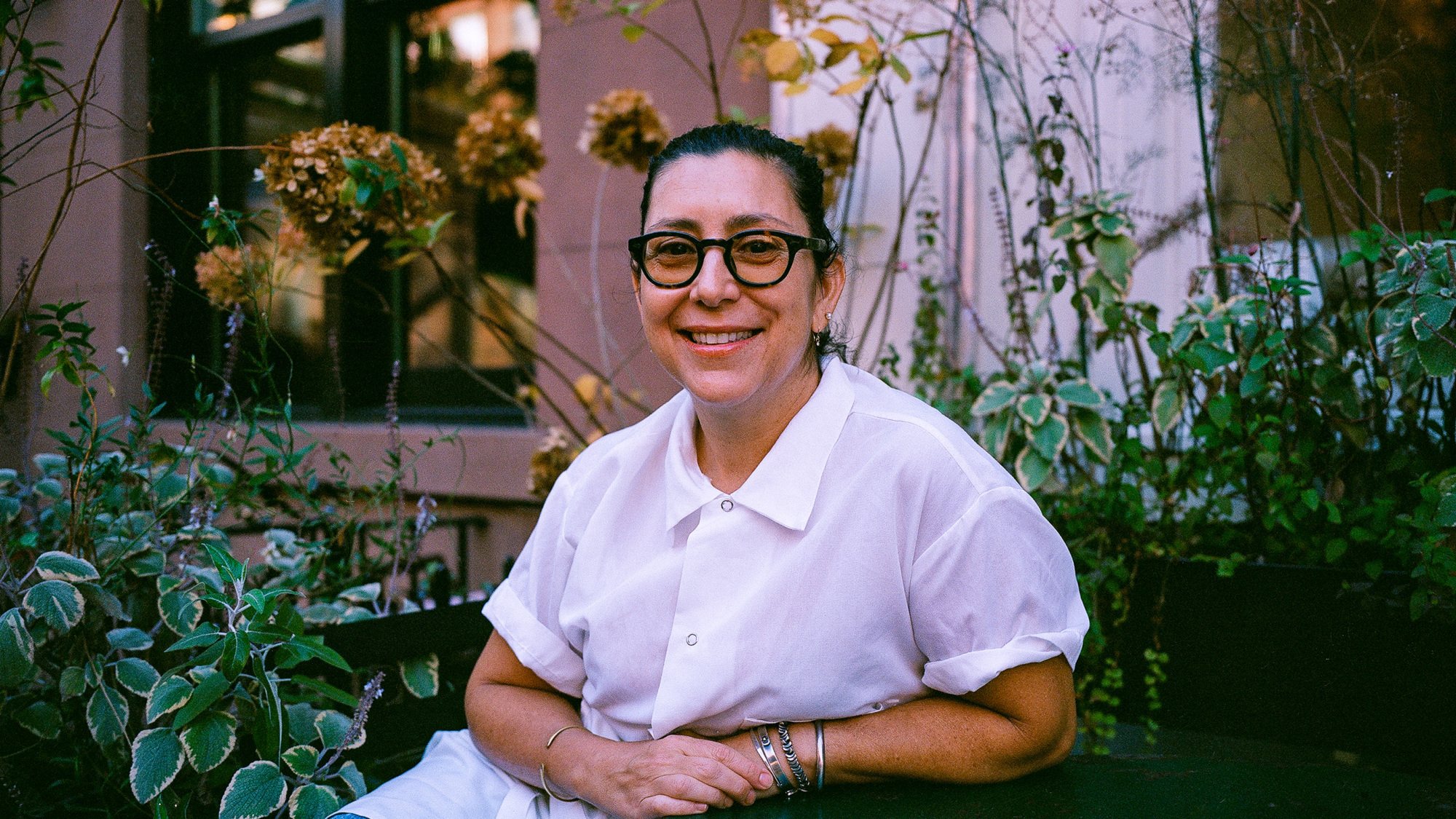
‘Being a Woman Has Made Me More Innovative’: Alex Raij on the Gender Gap in the Restaurant Industry
Alex Raij is one of the country’s most acclaimed chefs and restaurateurs, having pioneered tapas and Basque cuisine in New York’s early aughts as the chef and owner of New York’s most beloved Spanish restaurants. Cooking with her husband, Eder Montero, at Covid-shuttered El Quinto Pino, and as an owner and the original chef of Tia Pol, she changed New Yorkers’ relationship to tapas, the wine bar, and Spain more broadly, as they followed her exploration of the regional specificity of Spain’s culinary landscape.
Raij and Montero’s restaurants today include Txikito, a Basque restaurant reopening soon; La Vara, which celebrates the Jewish and Moorish origins of her favorite regional dishes; and Saint Julivert Fisherie, a dynamic, award-winning seafood-centric wine bar.
She’s also been in the restaurant industry long enough — more than 20 years — to see and experience, firsthand, the very real gender gap that exists in it. Resy recently reached out to Raij for her thoughts on what it’s like being a woman in the restaurant industry.
Resy: What does it mean for you to be a woman in the still very male-dominated restaurant industry today?
Raij: I have always found ways to trace the disadvantages of being a woman in the restaurant industry to the way I broke free and connected with my own deeply personal style of cooking and operating restaurants on my own standards.
As women, often we are forced, by virtue of exclusion, to make our own luck and teach ourselves. If you remain curious and capable, it can help you have a clear vision of how you would do things differently perhaps with fewer resources, more integrity, and with more of a focus on the food or mentoring or on the guests.
It’s quite impossible for women to imagine doing things as men do because, quite frankly, it wouldn’t land the same. We’ve seen what happens to women who have tried to interact with that paradigm.
I hope that all women in the restaurant business can continue to bring their visions and ideas to life in the service of a restaurant that values them. I wish each could learn and grow without having to navigate around the activities of their male counterparts. Most of all, I hope their bodies are safe.
Can you elaborate further on that paradigm?
I just mean that I have seen women compromise so much to work in the service of men only to find themselves years later having to break out of the very path they thought would deliver them “success.” For many men that path would indeed have led to sustained growth or achievement.
Being a woman has made me more innovative and more concerned with creativity and creative problem solving. I pay attention to things that interest me — not things men want me to believe are interesting. My interests change, so my restaurants change.
Rejection and exclusion aren’t particularly motivating but they have a profound effect on your worldview. In my life they have given me permission to reject places that don’t love me back or at least not to give them my time.
I think the biggest frustration for me is the exaggeration of male talent in the media alongside the invisibility of female talent. It has real consequences because when folks believe in this outsized male talent, committed cooks want to work in those spaces with those men. Over time, their ability to attract talent and even capable candidates becomes a huge advantage. Cooking and running a restaurant is a team “sport.” If you can’t recruit talent, it’s difficult to bring your ideas to life and expand your own imagination, grow yourself, explore concepts that require a richer culinary understanding.
What do you hope for the next generation of women in the restaurant industry going forward?
I hope that all women in the restaurant business can continue to bring their visions and ideas to life in the service of a restaurant that values them. I wish each could learn and grow without having to navigate around the activities of their male counterparts. Most of all, I hope their bodies are safe.
The preoccupation with the “next generation” as a headline perpetuates the notion that youth and creativity are one and the same when really growth and creativity rely on continuity. It also creates false expectations among cooks about what success is, undermines the concept of expertise, and feeds imposter syndrome. All have a profoundly negative impact on the profession.
When I think of the next generation, I hope they each find a bunch, or at least one grown-up older woman or person they connect with deeply because those connections are what help us live better lives and set a more equitable table.
Throughout the month of June, Resy is celebrating the Women of Food around the world, with stories devoted to the women who power the restaurant industry.
Deanna Ting is Resy’s New York Editor. Follow her on Instagram and Twitter. Follow Resy, too.
Discover More
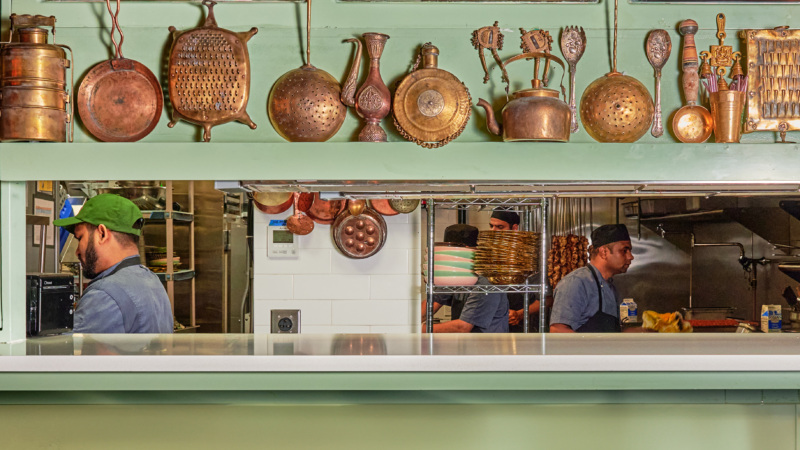
Stephen Satterfield's Corner Table



